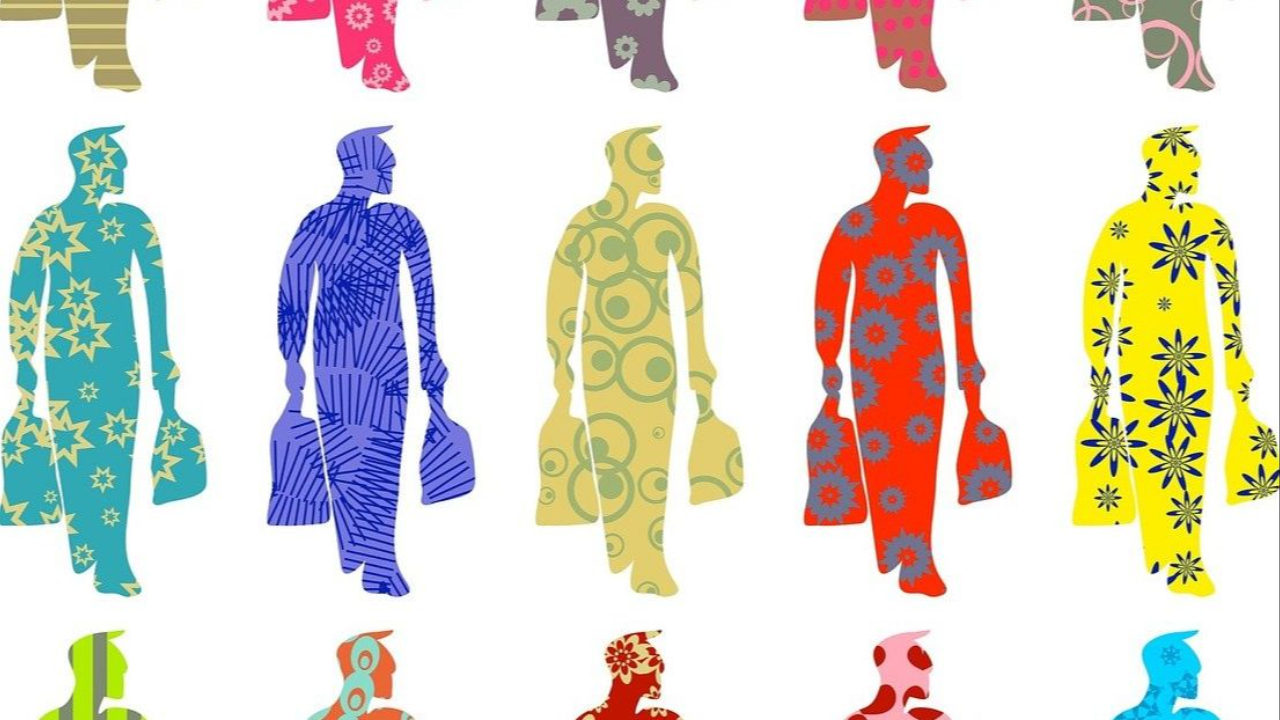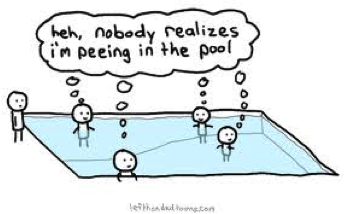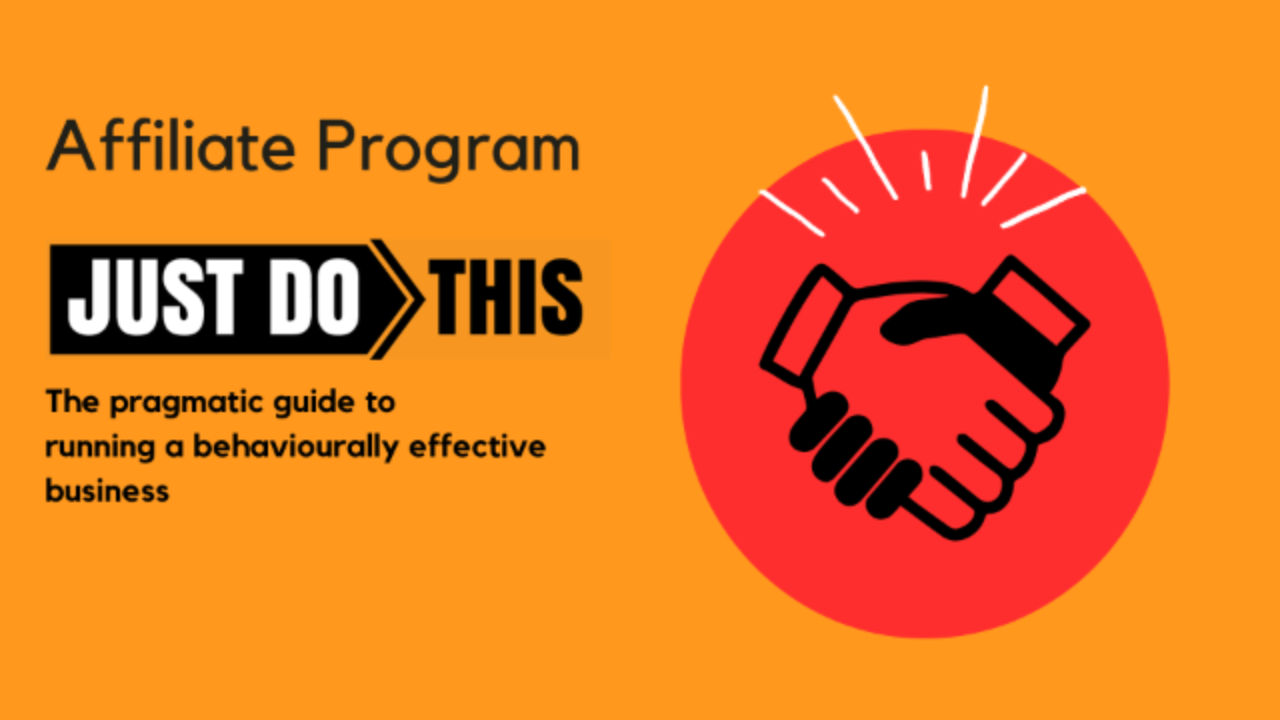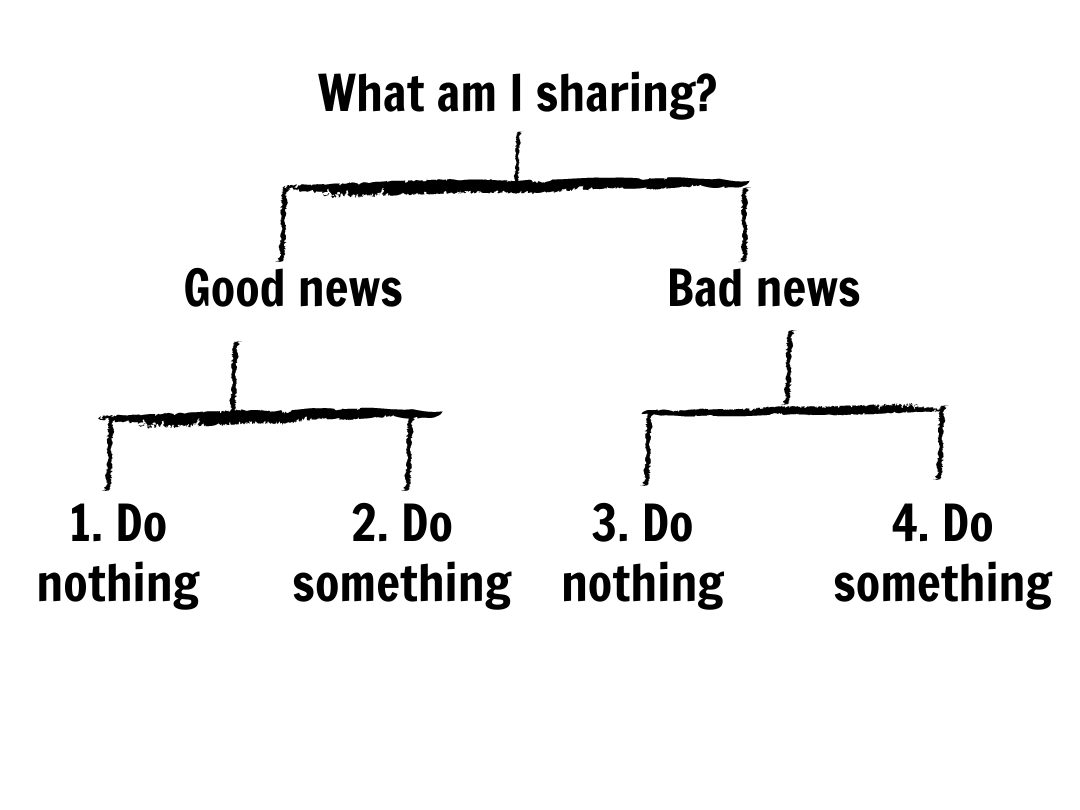How to engage your audience
Want to know the secrets of great presentations?
Whether you're on stage or in the audience, there are two things great presenters do.
They make the familiar strange and the strange familiar.
In this video I'm going to take you through the four questions that will help engage and move your audience:
- What are the existing assumptions your audience has?
- How can you flip this?
- What do you want them to do differently?
- How can you make this new action familiar?
You might also find in...
The science of effective Lead Magnets
Should you require people to provide an email so they can download a brochure from your website?
In this video behavioural expert Bri Williams shares the pros and cons for requiring an email from your customer, and how to do it well.
More about Just Do This: www.briwilliams.com/about-just-do-this
Secret thresholds that change behaviour

You are special. I know you are.
So am I, of course. There’s no one like me.
We think we’re unique, us humans. That no one sees the world quite like we do.
‘That may apply to other people’, we think, ‘but not me.’
But it doesn’t mean, as a species, we don’t follow patterns. That our behaviour isn’t predictable.

Case in point, we all tend to react to psychological thresholds.
Imagine you are running a marathon, for example. It’s coming up on the hour mark and you are exhausted.
Will y...
The Just Do This podcast

You are busy. I get it.
Now you can get behavioural lessons wherever you are and whenever it suits!
I've turned core lessons from Just Do This into a podcast that can be listened to from your favourite podcasting app, like Apple and Google podcasts.
It's exclusive to Just Do This members as part of their membership - there's no extra cost.
Just another reason to join Just Do This.
Sill not sure? Have a look for yourself with free access for 24 hours...
Get free access to Just Do Thi...
The Just Do This Affiliate Program

Help me spread the word about Just Do This and earn commission!
I'm a solopreneur so it helps when people who like what I do share it with others.
When you become an Affiliate you not only get access to special discounts to offer your contacts but earn 10% of any sale.
You don't even have to be a Just Do This member yourself to sign-up.
This is perfect for accountants, lawyers, IT specialists, designers, or anyone who has small business clients.
How (not) to argue for change

Note: This article was written before the referendum was held. It has now been updated to acknowledge the referendum was resoundingly beaten, with 61% of Australians voting No and 39% Yes.
In business we spend a lot of time chasing ‘yes’.
Yes to buying from us. Yes to renewing. Yes to choosing us as their employer.
So it’s through this lens that I want to analyse the campaign for and against a Voice to Parliament. Behavioural science suggests that one side of the campaign has been much more ...
Getting a customer to reveal their budget
How do you get a customer to reveal their budget?
Some customers are reticent to share their budget, either because they don't have one or they don't want to be oversold. So how can you price yourself?
More about Just Do This: https://www.briwilliams.com/about-just-do-this
Effective emails

We waste a lot of time writing emails that get ignored, or worse, provoke an unintended response.
So here's how to write emails that work:

First ask, is the news you are sharing with your customer good news or bad news for them?
If it is good news, the tone can be upbeat and positive. If it is bad news, you’ll need to tread more carefully.
Then ask, what do you want them to do as a result of reading your email? Do you want them to do something (action required) or do nothing (no action req...
Don't do this
When it comes to influencing behaviour of customers and colleagues, there are a lot of things you can do. But there’s also a lot of things you shouldn’t do.
1. Don’t make things pretty, make them effective
Too many businesses prioritise aesthetic over efficacy.
For example, websites with call-to-action buttons that match their brand. I get it! Brand guidelines are important. We want our businesses to look well considered and professional.
The problem when everything matches is that nothing ...
Optimising customer reviews
Optimising customer reviews means paying attention to how people express themselves, not just what they express.
It's not only how many stars a customer gives you that can make a difference, it's whether they use past or present tense to describe their experience.
Access Just Do This: www.briwilliams.com/about-just-do-this

